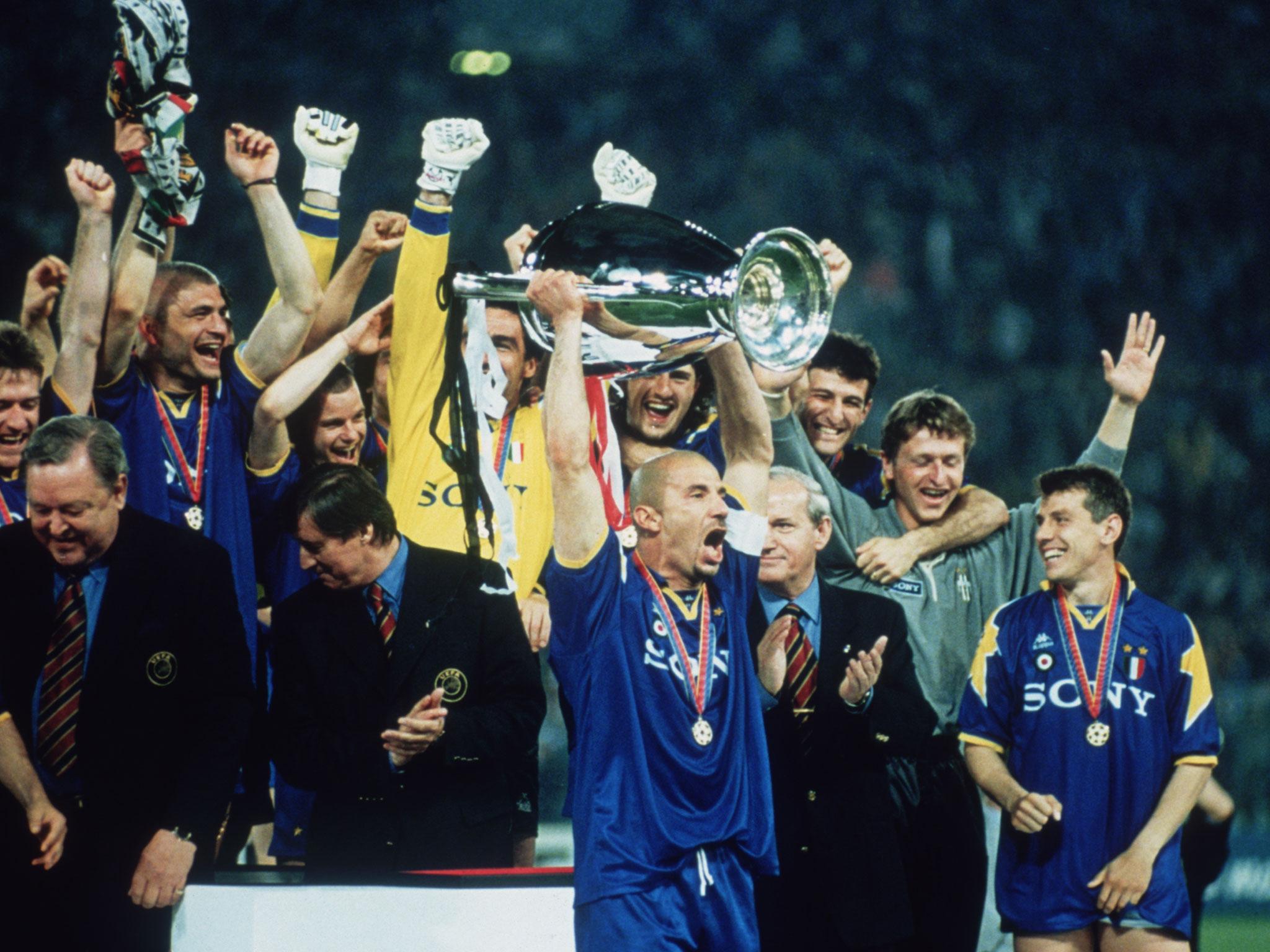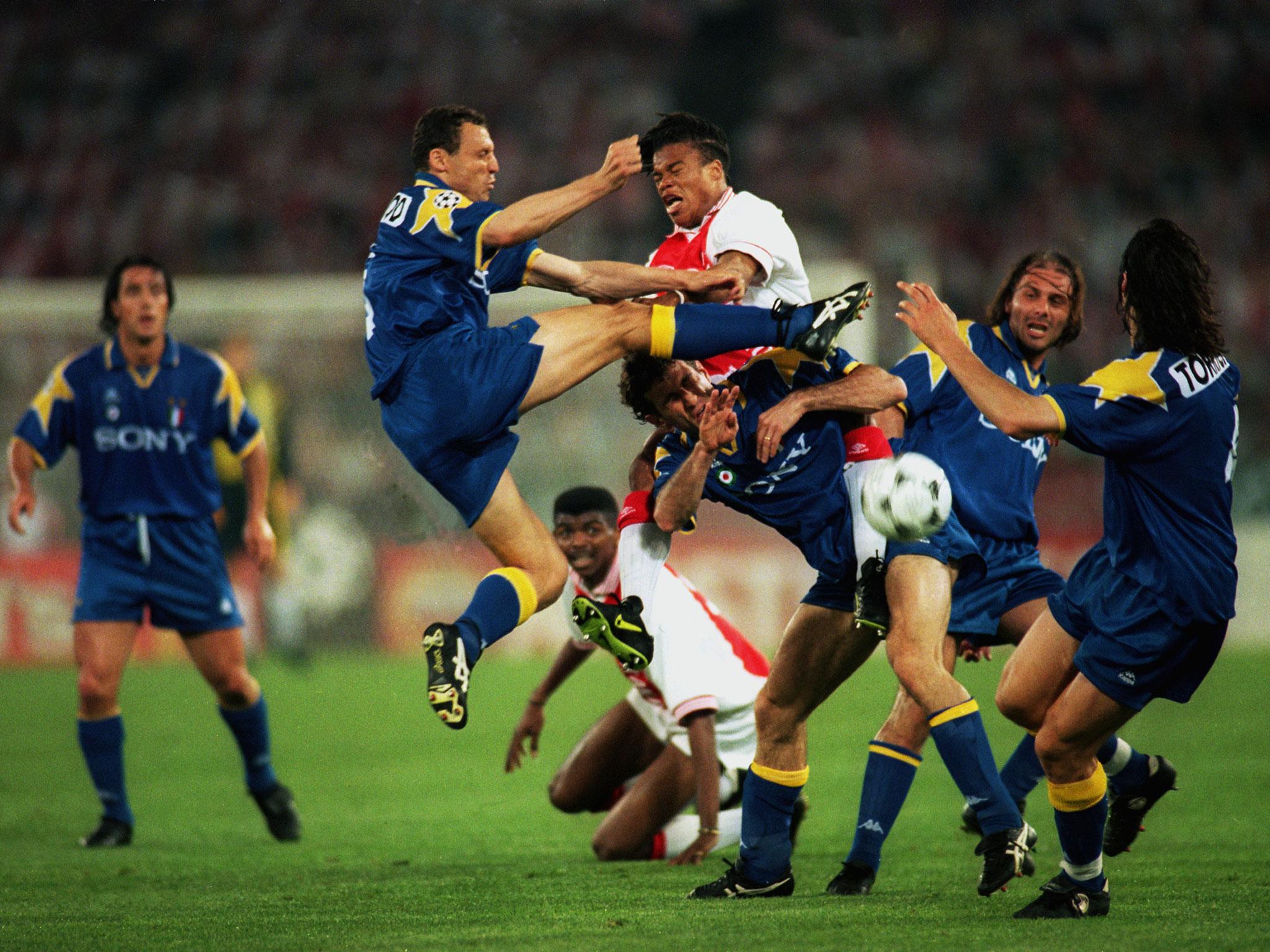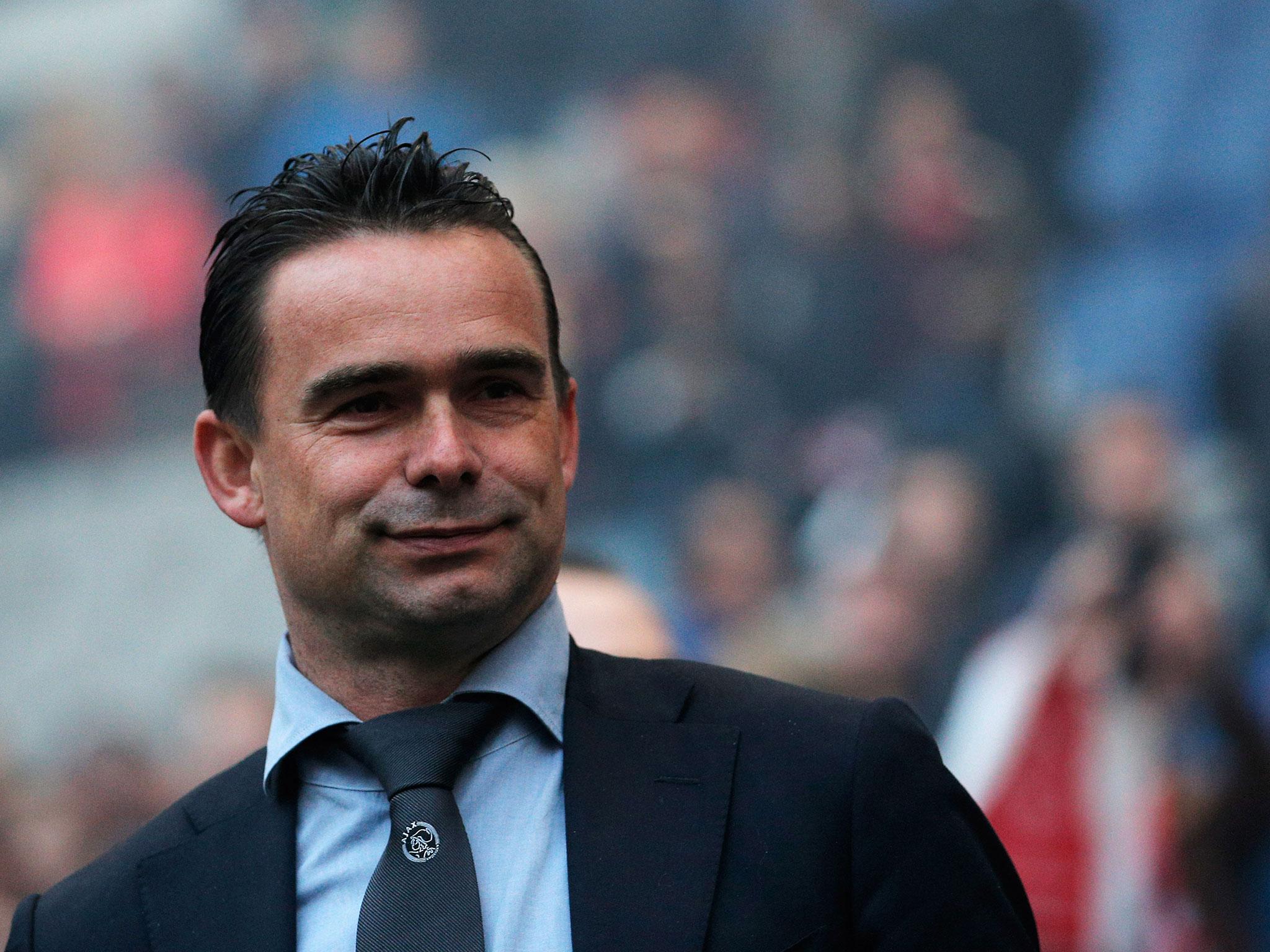Juventus' controversial European past casts dark shadows ahead of Champions League final against Real Madrid
Juventus last won the Champions League in 1996 in controversial circumstances. Accusations of doping continue to persist to this day as the Old Lady bid to return to European football's summit

Juventus are fighting for their first Champions League trophy since 1996, but that win by Marcello Lippi’s great team is still tainted by suspicion 21 years on, not least from the Ajax team that they beat.
For years that Juventus team has been accused of doping and the matter went to trial in Turin in 2004. Club doctor Riccardo Agricola was given a suspended prison sentence for providing performance enhancing drugs, specifically EPO, to the players, but he was acquitted on appeal the following year. Antonio Giraudo, Juventus chief executive was also acquitted, although he was later banned from football over Calciopoli.
But while Juventus have maintained their innocence and escaped official sanction over the events of 20 years ago, the issue still rankles with the Ajax players on the other side of the story.
The final of the 1996 Champions League pitted reigning champions Ajax, coached by Louis van Gaal, against Lippi’s Juventus. Ajax were confident going into the final at the Stadio Olimpico in Rome but on the pitch they were surprised by the Italian team’s strength and power. The game was drawn 1-1, went to extra-time and then to penalties, which Juventus won 4-2.
In an interview with The Independent last month, Marc Overmars, who missed the 1996 final with injury, suggested that there was still frustration at losing to a team suspected of cheating. “The funny thing is, we won the final in 1995, then we played the final in 1996 against Juventus, when Juventus was not totally…,” Overmars said, not finishing his sentence. Asked what he meant, Overmars said Juventus had been “using some things”.
As Overmars pointed out, Juventus also beat Ajax in the semi-finals the following year. In April 1997, Juventus won 2-1 in Amsterdam then 4-1 in Turin for an emphatic 6-2 aggregate victory, before surprisingly losing the final 3-1 to Borussia Dortmund in Munich.

But Overmars is not the first Ajax player to speak out about suspicions that the Juventus team that beat them were cheating. Finidi George played in the 1995 and 1996 finals and he told a famous Dutch documentary ‘Andere Tijden Sport’ in 2013 that he long had his suspicions about that Juventus team.
George said that he was surprised by his opponents’ tenacity and intensity. “Normally a player can do that maybe for 20 minutes," he said. "When you can do that for 90, 120 minutes, and at the end of the season, it is not normal.”
The centre-piece of the documentary was the examination of Juventus players’ haemoglobin levels in from February to June 1996 by leading haematologist Giuseppe D’Onofrio, who had been an expert witness at the trial of Agricola and Giraudo. “The variability I saw in the data could not be considered normal,” D’Onofrio said. He said those haemoglobin levels in red blood cells could only be explained by blood transfusions or by the use of EPO, the synthetic hormone that helps to transport oxygen to the muscles, helping athletic endurance.

That evidence first came to light at the trial. That was itself the conclusion of a process that started in 1998 when Zdenek Zeman, then coach of Roma, said that football needed to “get out of the pharmacy” and accused Juventus of cheating.
When it eventually came to trial, D’Onofrio testified that it was “practically certain” that two Juventus players from the mid-1990s had taken EPO and “very probable” that seven others had. Agricola was found guilty of supplying players with drugs, including EPO, and was given a suspended prison sentence of 22 months and fined. Giraudo was acquitted and said that he was “extremely happy” with the verdict. “Fair play has been an important value in the history of Juventus.”
But Giruado predicted that Agricola’s sentence would “disappear on appeal” and he was right. In December 2005, Agricola was cleared of sporting fraud by Turin’s court of appeal, who said that the use of EPO was not proven. Giraudo said that “justice was finally served”.
Juventus have always denied any wrongdoing, as they did again when contacted by The Independent. But at Ajax the issue still hurts. “It feels so bad,” said Finidi George to Dutch television in 2013. “If you have six players playing like that in that game, that is big cheating. When you don’t play clean and you have the cup with you, you shouldn’t be happy.”
Join our commenting forum
Join thought-provoking conversations, follow other Independent readers and see their replies
Comments
Bookmark popover
Removed from bookmarks